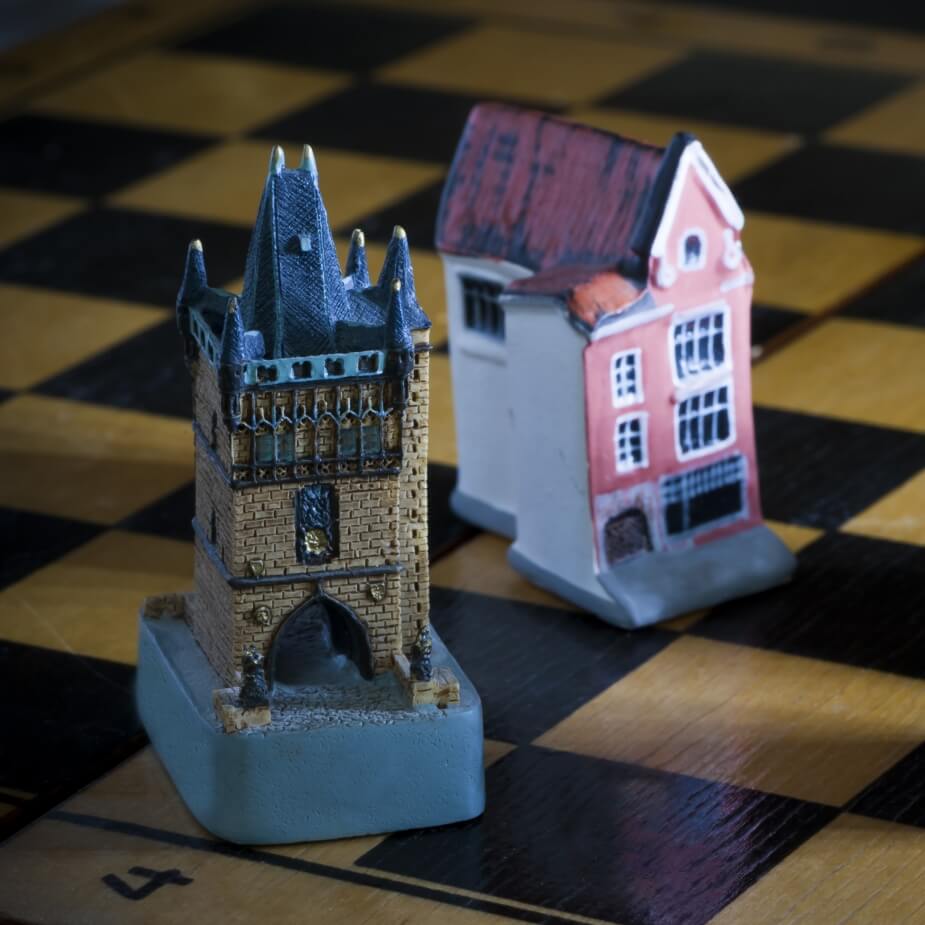A brick wall for boundary disputes?
After centuries of hostilities between warring neighbours over precisely where the boundary fence should be, a (more or less) self-contained procedure for resolving those most common and often ruinous of disputes, without recourse to litigation or murder, may be in sight.
On 1 June 2015 the catchily named Property Boundaries (Resolution of Disputes) Bill 2015 – The Boundaries Bill would not have done at all, of course – was introduced for its first reading in the House of Lords.The admirable aim of the Bill is to introduce a mandatory procedure for resolving disputes as to the location of a boundary between two properties, and also the location of a right of way enjoyed by one neighbouring property over another.
The process is initiated by one party serving a notice on the other enclosing a plan which indicates where they believe the boundary or right of way to be.If the neighbour does not agree that the boundary or right of way is as indicated on the plan, a dispute is deemed to have arisen between the parties.The process largely mimics that under the Party Wall Etc Act 1996 by which the parties appoint surveyors who, after a bit of to-ing and fro-ing, will make an award which is legally binding upon the parties.That award will specify the location of the boundary or right of way.As under the Party Wall Act, either party will have an opportunity to appeal the award to the court if they consider it contains errors – this must be done within 28 days of the award being issued.
The above process is designed to provide a timely and cost effective procedure for resolving these types of disputes, and that should most certainly be commended.However, is too much being asked of the surveyors here? The location of a legal boundary is very much a legal question. A legal boundary may fall in a very different place to a physical boundary, and the determination process will often need to take account of the principles of adverse possession, mistake and estoppel. It is judges who are best qualified to determine those difficult legal questions, and it is unlikely that surveyors will have had the necessary training to enable them to do so.
The inevitable result of this seems to be that a high number of the awards made by surveyors will be appealed to the court in order that judges can determine the relevant legal issues and, if that is the case, all that will have been done through this Bill is that the additional costs of going through the notice/surveyor/award procedure will have been incurred prior to court proceedings being issued. A further problem is that if the parties are unhappy with the award, the procedure forces them to career precipitously into litigation at an early stage, because they must apply to court within 28 days, whilst under normal conditions they may well have waited much longer.
So, we are heading in the right direction.We do need a procedure of this type to resolve these disputes, but that procedure is going to have to be capable of grappling with the technical legal questions to be answered, and the proposed procedure just won’t quite do it.Hopefully, over the next few months we will see the necessary modifications to this bill so that it achieves its true purpose. This Bill is at the early stages of the Parliamentary procedure, though, so it is still possible that it won’t become law at all. Watch this space…
For specific advice on Property Disputes, please contact John Wagstaffe.
Please note the contents of this blog are given for information only and must not be relied upon. Legal advice should always be sought in relation to specific circumstances.

